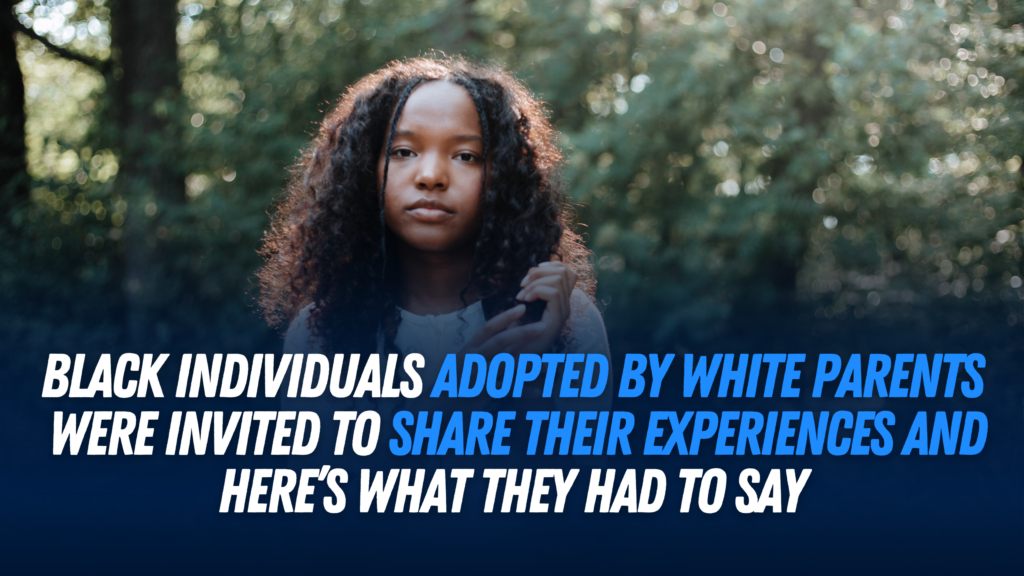
A few days ago, a question was posed on BuzzFeed about black children adopted by white families. Here’s what they had to say:
1. Cultural Disconnect: One person adopted by a white Christian family felt grateful for their life but wished they had more exposure to Black culture. Living in the Philippines made it challenging to connect with either Black or white communities, and hurtful comments from peers left lasting scars.
2. Mixed Heritage: Another adoptee, raised by a white father and a Chinese mother, felt more connected to Asian culture. They expressed struggles with their hair and the impact of microaggressions from their family. The existence of support groups for transracial adoptees gives them hope for finding peace.
3. Discovery of Heritage: An individual of African American, Trinidadian, and Indian descent learned about their background at 18 after being adopted by a white family. While they appreciated their parents’ kindness, they often felt isolated and struggled to fit in with both Black and white communities.
4. Proactive Parents: One adoptee praised their white parents for actively seeking to understand Black culture, attending events, and learning about their heritage. They encouraged others to stop assuming mixed-race children think of themselves as white just because of their interests or behavior.
5. Bullying and Isolation: A Black biracial woman shared that she faced bullying in school and lacked discussions about race in her white household. She only learned about her culture later in life and urged adoptive parents to help their children connect with their racial heritage.
6. Processing Trauma: Another adoptee, identifying as Black, reflected on the challenges of growing up in a white family. They emphasized the importance of understanding the emotional trauma that can come from interracial adoptions and called for awareness and support from adoptive parents.
7. Deep Trauma: An individual from Uganda shared their story of being adopted by a white couple after living in an orphanage. They plan to write a book about their experiences and expressed the difficulty of reconciling their past with their current life.
8. Identity Struggles: Many adoptees spoke about the confusion of being told they “don’t act Black” while also not fitting in with white peers. They described awkward situations in social settings and a constant struggle for acceptance.
9. Limited Understanding: One adoptee noted that their white parents tried to incorporate their heritage but often struggled to know how. This left them feeling disconnected from Black communities due to their upbringing.
10. Lack of Acknowledgment: Another person shared that they were not told they were Black until they were nine years old, leading to confusion about their identity. They emphasized the ongoing struggle for adoptees to understand who they are and find their place in both Black and white cultures.
Overall, these stories reveal the complexities and challenges faced by Black children adopted by white families, highlighting the need for cultural understanding and support.



